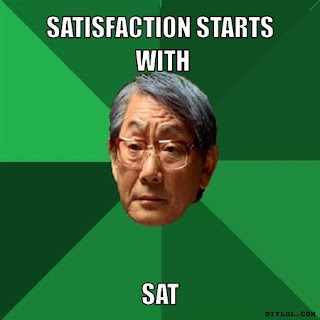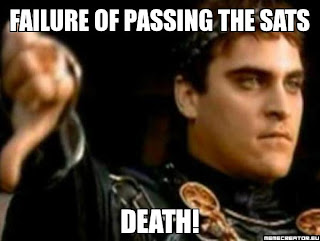Prodigy's 370 pages cover the Republic, the Patriots, and the Colonies–the heights and depths of romance–utopia flipped on its head. It operates in contrasts that verify each other. Day and June both, in certain ways, become their reverses.
 |
| By DeviantArtist Patsie. |
June comes to shine as much as Day. By the end, I adored her. When Legend left us, she had just betrayed the Republic and escaped with Day to join the Patriots. I don't know if I've ever seen a story so earnestly acknowledge how difficult/confusing/frustrating it would be for a comfortable, respected soldier, who has fought for a community all along, to disavow allegiance.
 |
| Marie Lu's own sketch of Day |
These characters give something to aspire to. They are role models without being ideal. What manages to ground these fantastical characters and their inspiring story?
- Technical text, in the form of date/place headings, news headlines, labels, profiles, etc. - An example from Legend (page 1):
WANTED BY THE REPUBLIC
FILE NO: 462178-3233 "DAY"
WANTED FOR ASSAULT, ARSON
THEFT, DESTRUCTION OF MILITARY
PROPERTY . . . - Constant death and grief - June never stops thinking about Metias. In the same way that we come to treasure and glorify memories of loved ones, he becomes almost divine. This is such a human example of how a character can become something so much more, so beyond themselves.
- June's logical maneuvering and analysis An example from Legend: "I study her stance. She steps forward with her right foot. She's left-handed. Usually this would work to her advantage and throw of her opponents, but I've trained for this" (105).
- The alternating points-of-view, forever verifying each other.
- So much more I haven't thought of yet.









